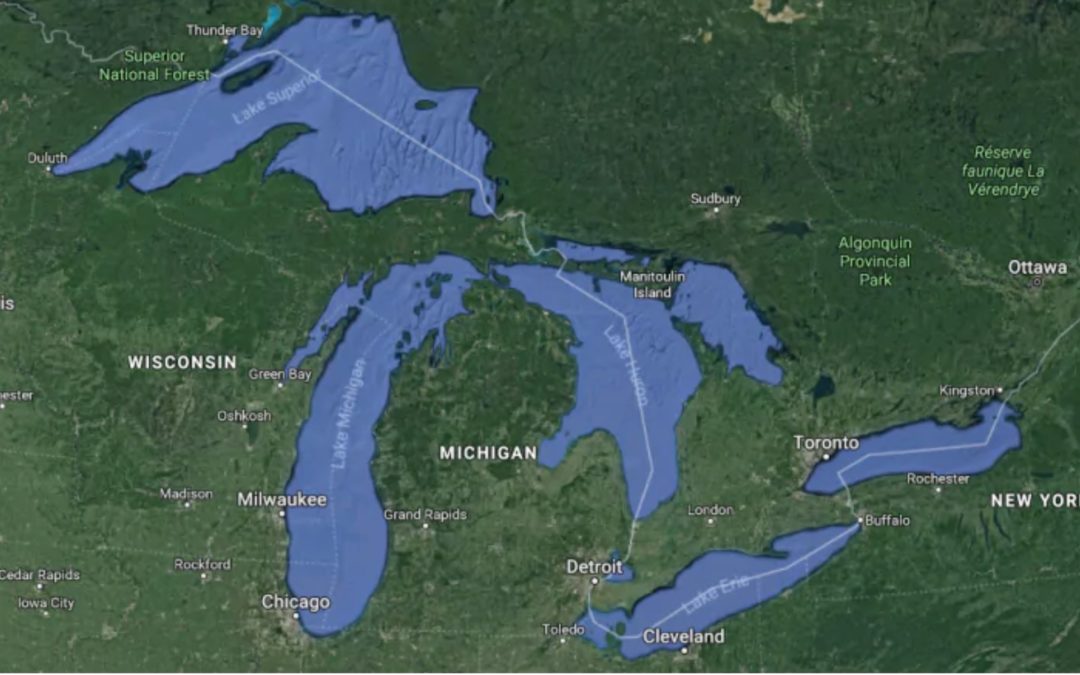SOURCE: CBC News
DATE: September 11, 2018
SNIP: The Great Lakes are getting hotter, seeing a rise in some parts of three degrees.
Aaron Fisk, a professor with the Great Lakes Institute for Environmental Research at the University of Windsor, spoke with the CBC’s Julianne Hazlewood about why temperatures are on the rise and what that means for the Great Lakes and the things that live in it.
“Three degrees is pretty big. We see a variation from year to year of half a degree or .2 of a degree. Three degrees is a pretty significant jump. It’s a really significant change in temperature. Much beyond anything you would normally expect over the last 60, 70, 80 years.
Temperature is one of the most important drivers of aquatic systems and terrestrial systems as well. It sets up the types of animals you can have there. Animals and fish like a particular temperature. They have evolved to live in that temperature. We also see a lot of seasonal chances with the algae and the zooplankton that are in the water. When you change the temperature you force animals to move to places they don’t want to be and also fish are a cold blooded species. They are the temperature of their water. When water gets warmer it means their metabolism is higher which means they need to eat more. It just adds to a general stress on the system.
If you look at any of the Great Lakes there’s a warming trend since the ’50s and ’60s but this recent jump is consistent with a lot of other data. We are starting to see very rapid changes both in the Great Lakes and around the world. That’s the concern. Are we moving into a phase of much larger changes and a lot more variability?
Even the people who have been working on the Great Lakes for a long time, people who have seen it all, are all saying ‘wow, things are really changing.’ Yeah, I am worried. And I am an optimist. We have ignored climate change for much too long. It might be too late. We are already living with the ramifications of climate change.”

